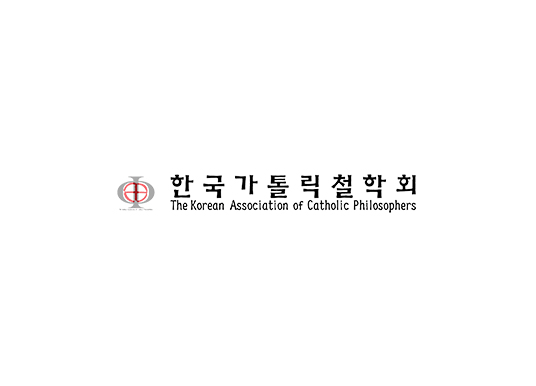사회정의와 공동선 – 교회의 사회회칙 –
Social Justice and Common Good – The Catholic Social Principle –
김어상
서강대학교
가톨릭철학
2003, vol., no.5, pp. 133-153 (21 pages)
G704-001490.2003..5.003
한국가톨릭철학회
Ⅰ. 서 론
Ⅱ. 본 론
__1. 기본적 이해
__2. 현대적 이론
__3. 교회의 제안
Ⅲ. 결 론
Abstract
Both the utilitarianistic approach and the catholic social teaching regard the public interest. But the utilitarianism―the greatest happiness of the greatest number―centers on a quantitative dimension, while the Catholic social principle argues in favor of the quality. Moreover, the utilitarianism considers only with the larger society in the principle of subsidiarity and neglects the principle of personality.
Both John Rawls―the origin of justice in a procedural fairness―and the Catholic social principle regard an unfortunate member; however, the Maximin strategy of J.Rawls works only in the case of varying-sum game and the Catholic social teaching works in the case of zero-sum game too.
There are similarities between Robert Nozick―the minimal state argument―and the Catholic social principle; however, those two distinct accounts coincide. R.Nozick points up only the individual aspect of the principle of personality, while the Catholic social teaching discusses both the individual and social dimension of personality, R.Nozick stresses on only the smaller society, but Catholic social teaching stresses on both the smaller as well as the larger society of the principle of subsidiarity.
When the lowest member is treated just, hence every member in that society is treated just, then in those societies, the peace can be settled down. The justice of the Catholic church―option of the poor―discusses the cause of poor from the beginning. If the cause of poor state is sorely laziness, then the main point of an issue shall not be the rich or the poor, but be the just or the unjust.
The social justice as a common denominator and the common good as a common numerater are the same in the content, but the social justice prefers a micro-approach, the other a macro-approach.

